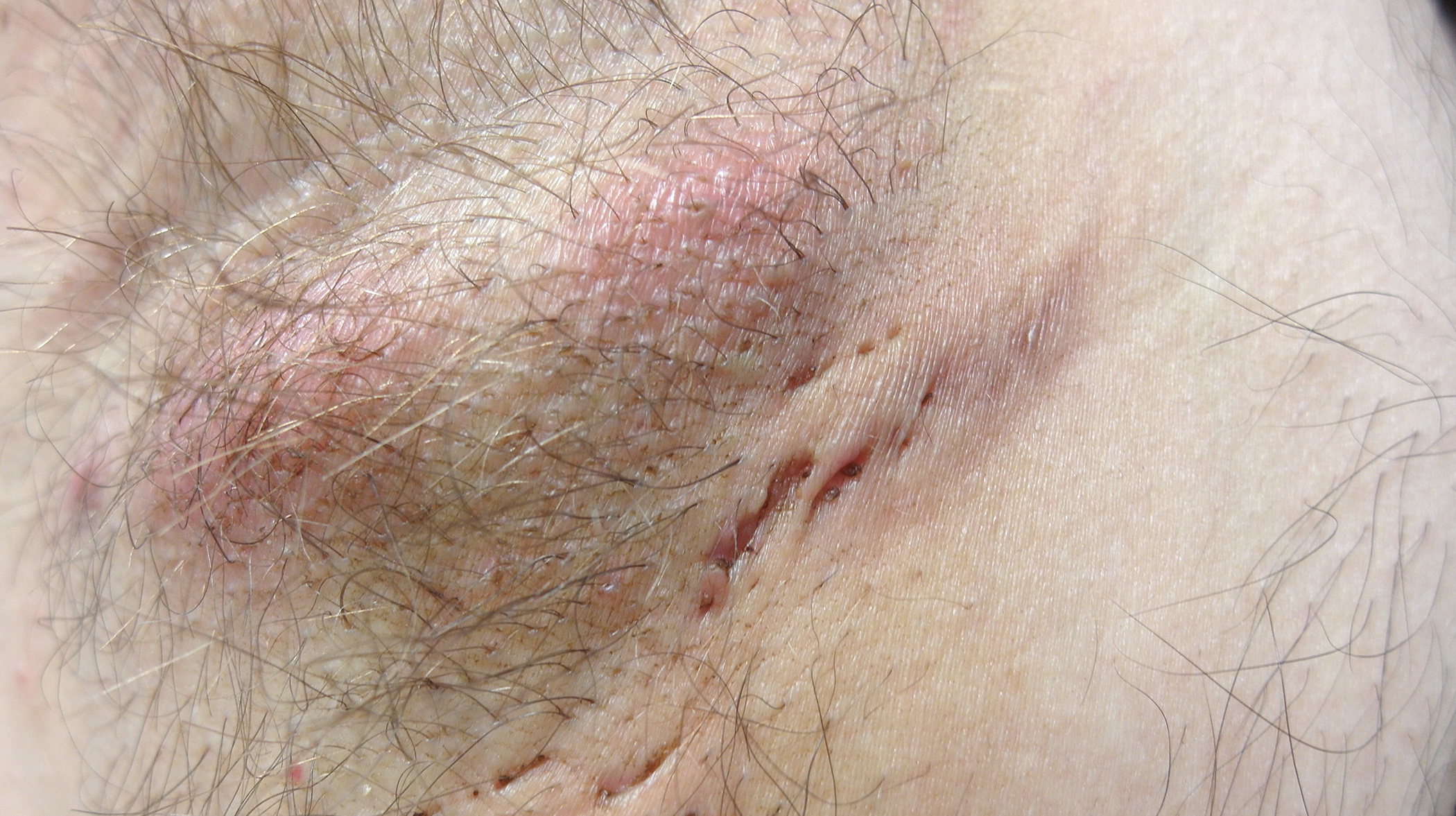Neuroscience has made a huge leap in knowledge in recent decades. New methods in genomics, epigenetics, proteomics, metabolomics, imaging and data integration make it possible to characterize diseases more precisely than is possible through purely clinical observation. The concept of “precision neurology” transfers the logic of precision medicine to the field of neurology and psychiatry. It aims to make individual profiles from molecular, structural and functional data usable for diagnosis, prognosis and therapy. This overview summarizes the principles, methods, current evidence and key challenges.
Autoren
- Tanja Schliebe
Publikation
- InFo NEUROLOGIE & PSYCHIATRIE
Related Topics
You May Also Like
- Chronic inflammation as a driver of ageing
Immunosenescence and inflammaging
- Evidence, limitations and practical implications
Phytotherapy for anxiety disorders
- Case report: Hiccups after ketoacidosis
Nebulized lidocaine brings relief
- Hidradenitis suppurativa: biologics reduce inflammatory processes
Treatment recommendations depend on the severity and inflammatory activity
- Dizziness as a leading symptom: new consensus paper
Current recommendations for handling in everyday practice
- Endometrial carcinoma, malignant melanoma and NSCLC in focus
Personalized mRNA and neoantigen vaccines in oncology
- Consequences for pathophysiology, clinic and therapy
The inflammatory subgroup of major depression
- Clostridioides difficile infection: specific therapy










